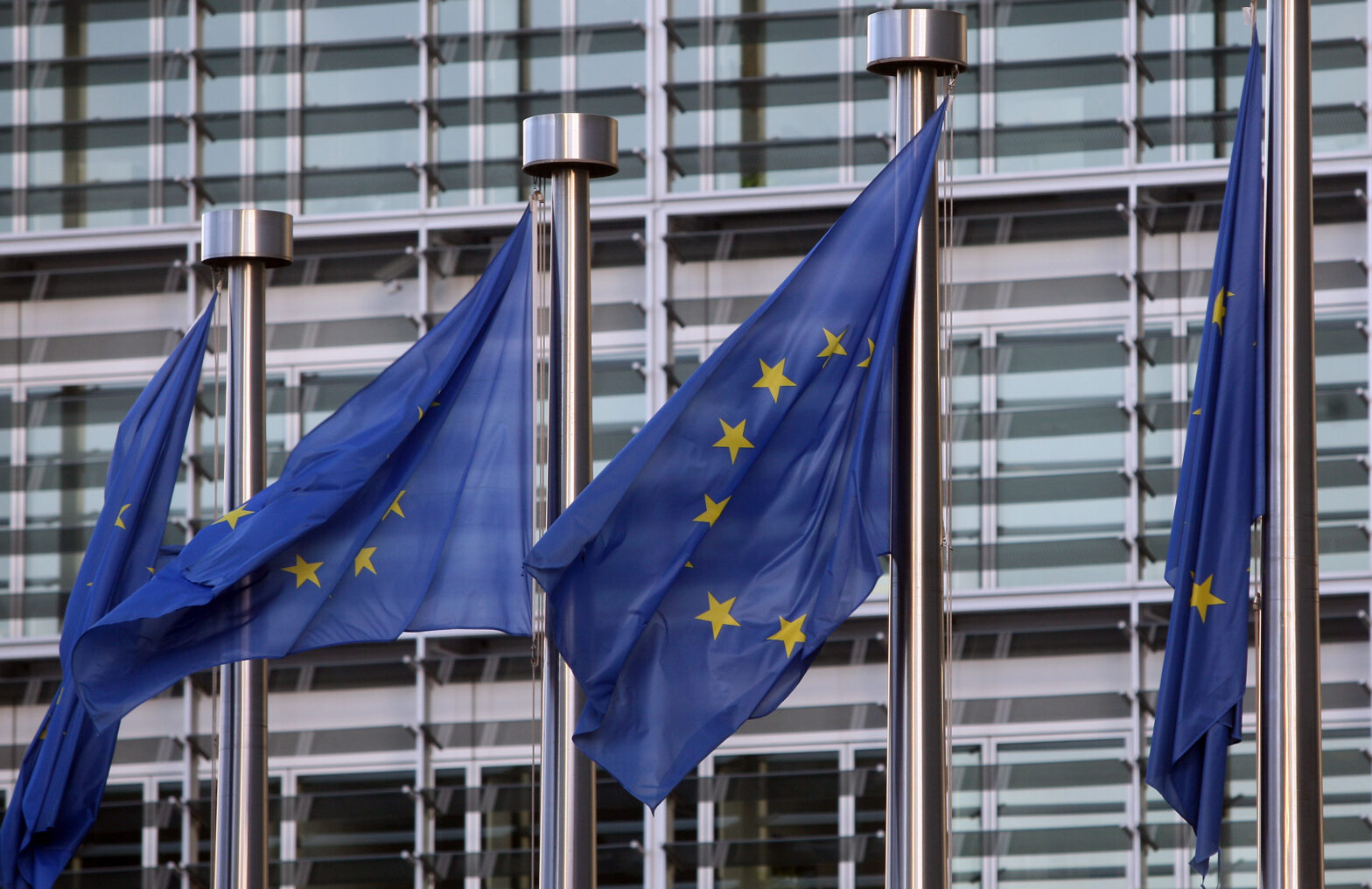Social inequalities will be the main challenge for future European leaders, according to an EU-commissioned report released on 18 December. Europe’s economy is expected to continue its decline, and policymakers should focus on a ‘new growth paradigm’ centred on society – not growth – the report argues.
The report, conducted by the think tank RAND Europe, attempts to pinpoint issues that will most likely span the EU’s upcoming legislative term (2014-2020).
The report, ‘Europe’s Societal Challenges: An analysis of global societal trends to 2030 and their impact on the EU’, is based on input from some 200 experts.
Slow growth, or even no growth
A ‘new growth paradigm’ is what the European Union should aim for to address the long-term decline of its economic power, the report argues. Instead of focusing efforts on creating wealth, European nations are told to prioritise the health of societies.
Stijn Hoorens, the lead author of the study, said: “Europe will have to prepare for a low to very low rate of growth of its gross domestic product (GDP). Countries like China and India will surpass the EU.”
This means social standards and the welfare state could suffer significantly, according to the report. “Average income, but also education, healthcare or social inclusiveness won’t be self-evident in the future,” Hoorens told EurActiv.
Across the spectrum of expected problems is a surge in inequality. While inequalities between European countries are decreasing, within countries they are rising, the research concluded.
Future leaders
The report was commissioned by all three EU institutions as well as the European External Action Service (EEAS). It is part of a series which looks at global trends in the coming five years of the legislature (2014-2019) under the European Strategy and Policy Analysis System (ESPAS), which was kick-started in 2010.
Since was struck by a global financial and economic crisis, much of the EU institutions’ attention has been focused on firefighting the consequences. However, the long-term societal shifts are more difficult to address, and are at the core of the EU institutions’ request for the series of reports.
The EU institutions have focused on solutions of enforced solidarity between countries or common programmes to address shared problems. But, says Hoorens, “on many levels, there is little reason to suspect there will be a convergence between EU member states. While globally, countries are converging, there is also a countermovement in European societies,” he said.
After next May’s European elections, a new Commission will be formed, and will likely take office in November. The report puts forward the next guidelines for this next EU executive:
- Investing in citizens, including protecting the most vulnerable;
- Preparing a new growth paradigm, focused on wellbeing of citizens while offering chances to business to thrive;
- Adapting public sector and government institutions to the 21st century.
“Overall,” Hoorens said, “we emphasise to have a more broad perspective than merely looking at growth as a level of production. Societal challenges go beyond that.”
